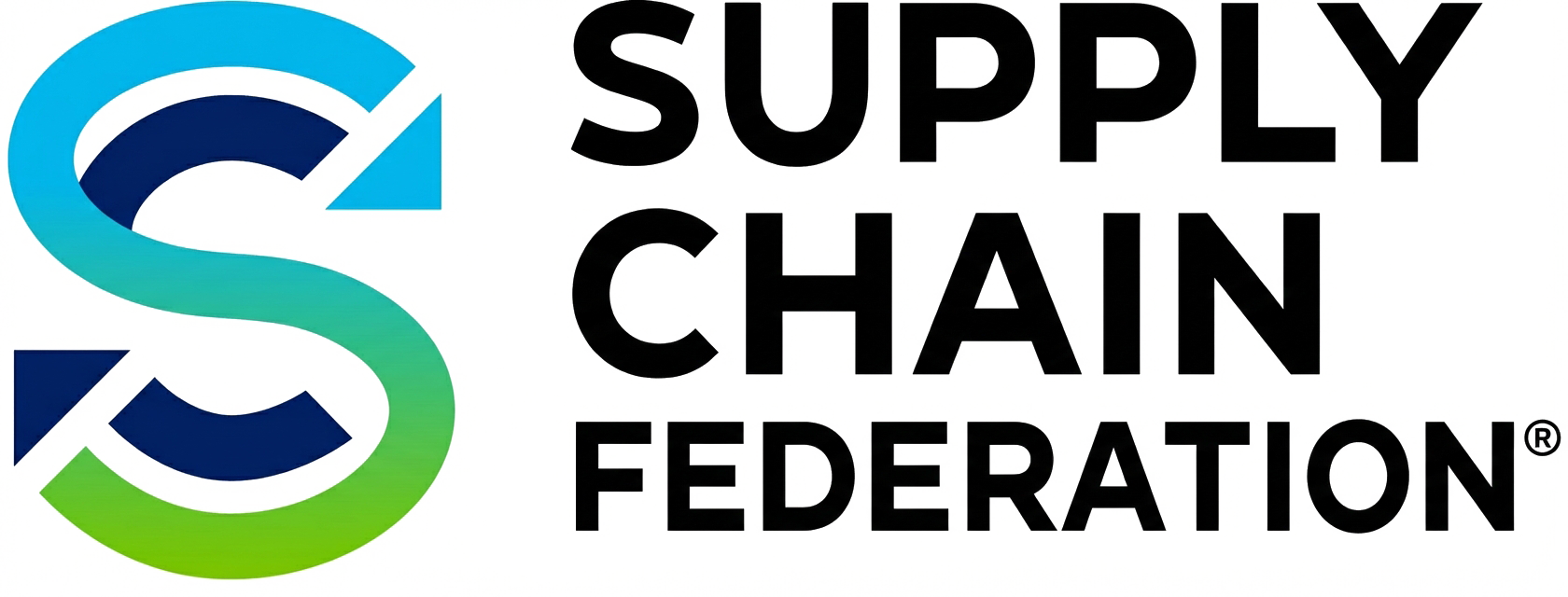Findings raise concerns over effectiveness and consequences of proposed statewide warehouse regulations
FRESNO, CA — Ahead of a California Air Resources Board (CARB) community workshop scheduled for Monday, July 22 in Fresno, the Supply Chain Federation is releasing a new, independent analysis of California’s existing warehouse Indirect Source Rules (ISRs), highlighting significant concerns about their effectiveness, cost, and unintended impacts on jobs and emissions.
The study, conducted by Ramboll, a global leader in environmental and regulatory consulting, provides key data showing that California’s current ISR model, specifically the WAIRE program implemented by the South Coast Air Quality Management District (SCAQMD), has not delivered meaningful emissions reductions and has imposed substantial financial burdens on the supply chain, small businesses, and consumers.
“This report offers the data that has been missing from the conversation,” said Amanda Blackwood, interim President & CEO of the Supply Chain Federation. “We share the goal of improving air quality, but we want to support and develop policies that actually work. The data demonstrated in this report show that ISRs, such as the WAIRE program, would not be a wise or prudent policy for the State of California to follow.”
The Fresno workshop is the first in a series of three public meetings, the others in Sacramento and Long Beach, hosted by CARB to address the Trump Administration’s rollback of California’s ZEV mandates. Many issues are expected to be addressed, including potential statewide indirect source rule proposals. The Supply Chain Federation encourages stakeholders—especially warehouse operators, retailers, manufacturers, and agricultural distributors in the Central Valley—to participate and be informed.
Key Findings from the Ramboll Report Include:
- No credible emissions reductions have resulted from the WAIRE program, according to both Ramboll and the U.S. EPA.
- Most emission reductions claimed under the program come from pre-existing state regulations, not from ISR enforcement.
- Compliance costs are 3 to 9 times higher than initial estimates—disproportionately impacting small businesses.
- Job loss and emissions leakage are likely to occur as warehousing operations relocate to regions without ISRs.
Full details of the report and a summary are available at:

